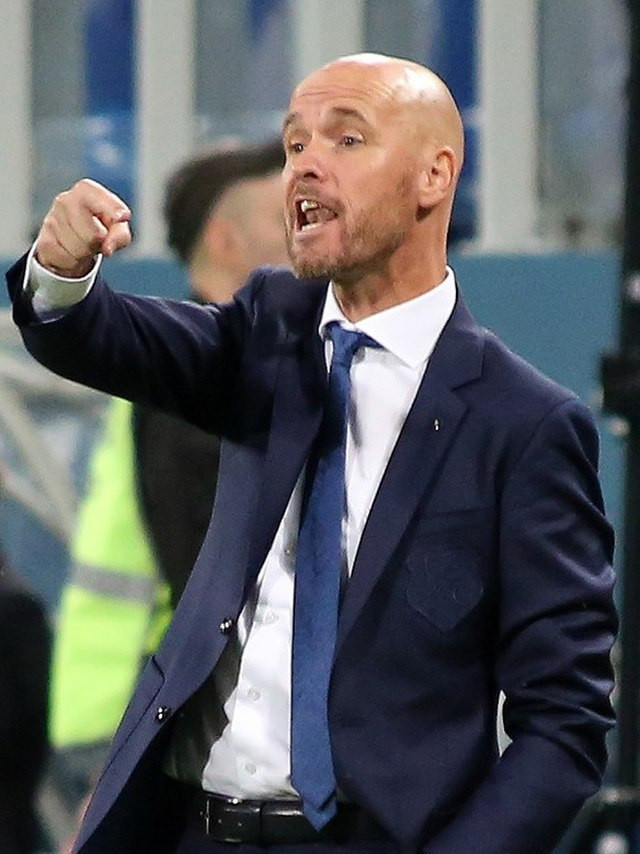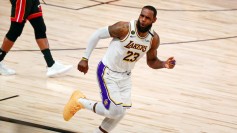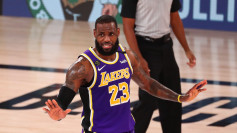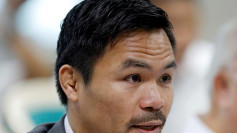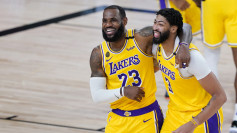Manchester United's struggles under Erik ten Hag have sparked a complex debate about the team's identity and tactical direction. The former Ajax maestro, celebrated for his clear tactical vision in the Netherlands, now finds his philosophy under intense scrutiny at Old Trafford. The contrast between his Ajax days and his current tenure at United is stark, raising questions about the adaptability of his strategies in the English top flight.
Despite inheriting a squad with potential, ten Hag's United has often appeared disjointed on the field, lacking a cohesive style of play. This inconsistency has led to criticism, even from seasoned observers like Gary Neville, who expressed concerns about the absence of a "default style of play" in the team. The expectation was that ten Hag's blueprint, which brought success at Ajax, would be transplanted to United, imbuing the team with a distinct tactical identity.
However, the reality has been far from straightforward. Challenges off the pitch, including recruitment issues and structural failures within the club, have undoubtedly affected ten Hag's project. Yet, it's the on-field performances that have most palpably dented confidence in his leadership. Matches have too often showcased a team uncertain of its approach, struggling to implement a coherent tactical plan.
This uncertainty was laid bare in United's recent 3-1 defeat to Manchester City. The game not only underscored the gulf in quality between the two Manchester giants but also highlighted United's lack of a clear game plan. Ten Hag's post-match comments seemed to brush aside the dominance of City, focusing instead on the injuries plaguing his squad. Such remarks do little to address the deeper tactical malaise afflicting the team.
The root of United's issues seems to lie in the failure to establish a consistent style of play. Top teams in the Premier League, and indeed across Europe, are characterized by a well-defined tactical identity, something United sorely lacks. This deficiency is reflected in the team's middling possession statistics and its inability to control games, leading to a reliance on counter-attacking football that seems at odds with ten Hag's purported philosophy.
Furthermore, ten Hag's pragmatic approach, while perhaps necessary given the current squad's composition, has left fans and pundits alike questioning whether it aligns with United's storied tradition of attacking football. The Dutchman's attempts to adapt to the Premier League have resulted in a team caught between two styles, neither fully committing to the possession-based approach that defined his Ajax side nor fully embracing the direct, pacey football that has historically been United's hallmark.
As ten Hag approaches two years in charge, the absence of a discernible tactical blueprint is increasingly glaring. Other coaches, such as Jurgen Klopp at Liverpool and Pep Guardiola at Manchester City, implemented their tactical visions swiftly upon their arrivals, leading to transformative effects on their respective teams. In contrast, United under ten Hag remains a work in progress, with little indication of what the finished product might look like.
The pressure is mounting for ten Hag to articulate and implement a clear tactical identity at United. The forthcoming seasons will be pivotal in determining whether he can mold the team into a coherent unit that reflects his footballing philosophy or whether the challenges of managing in the Premier League will prove insurmountable for the Dutch tactician. For Manchester United, a club with a rich history and lofty ambitions, nothing less than a return to the pinnacle of English and European football will suffice.
